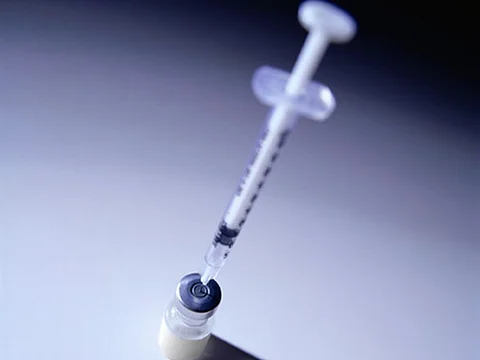FRIDAY, Jan. 19, 2018 (HealthDay News) -- Patient reminder and recall systems seem to be effective for improving receipt of immunizations, according to a review published online Jan. 18 in the Cochrane Library.
Julie C. Jacobson Vann, Ph.D., R.N., from the University of North Carolina at Chapel Hill, and colleagues compared the effectiveness of patient reminder and recall interventions to improve receipt of immunizations. Data were included for 75 studies involving child, adolescent, and adult participants in outpatient, community-based, primary care, and other settings.
The researchers found that patient reminder or recall interventions improved the proportion of participants receiving immunization (risk ratio, 1.28) based on moderate certainty evidence from 55 studies. Use of postcards, text messages, and auto-dialer as single-method reminders correlated with improved receipt of immunizations based on high certainty evidence (risk ratios, 1.18, 1.29, and 1.17, respectively). Based on moderate certainty evidence, receipt of immunizations was improved with use of telephone calls and letters to patients (risk ratios, 1.75 and 1.29, respectively). Reminders improved receipt of immunizations for childhood and adolescent vaccinations (risk ratios, 1.22 and 1.29, respectively), based on high certainty evidence. Based on moderate certainty evidence, reminders improved receipt of vaccinations for childhood and adult influenza (risk ratios, 1.51 and 1.29, respectively).
"Patient reminder and recall systems, in primary care settings, are likely to be effective at improving the proportion of the target population who receive immunizations," the authors write.
Abstract
Full Text (subscription or payment may be required)


